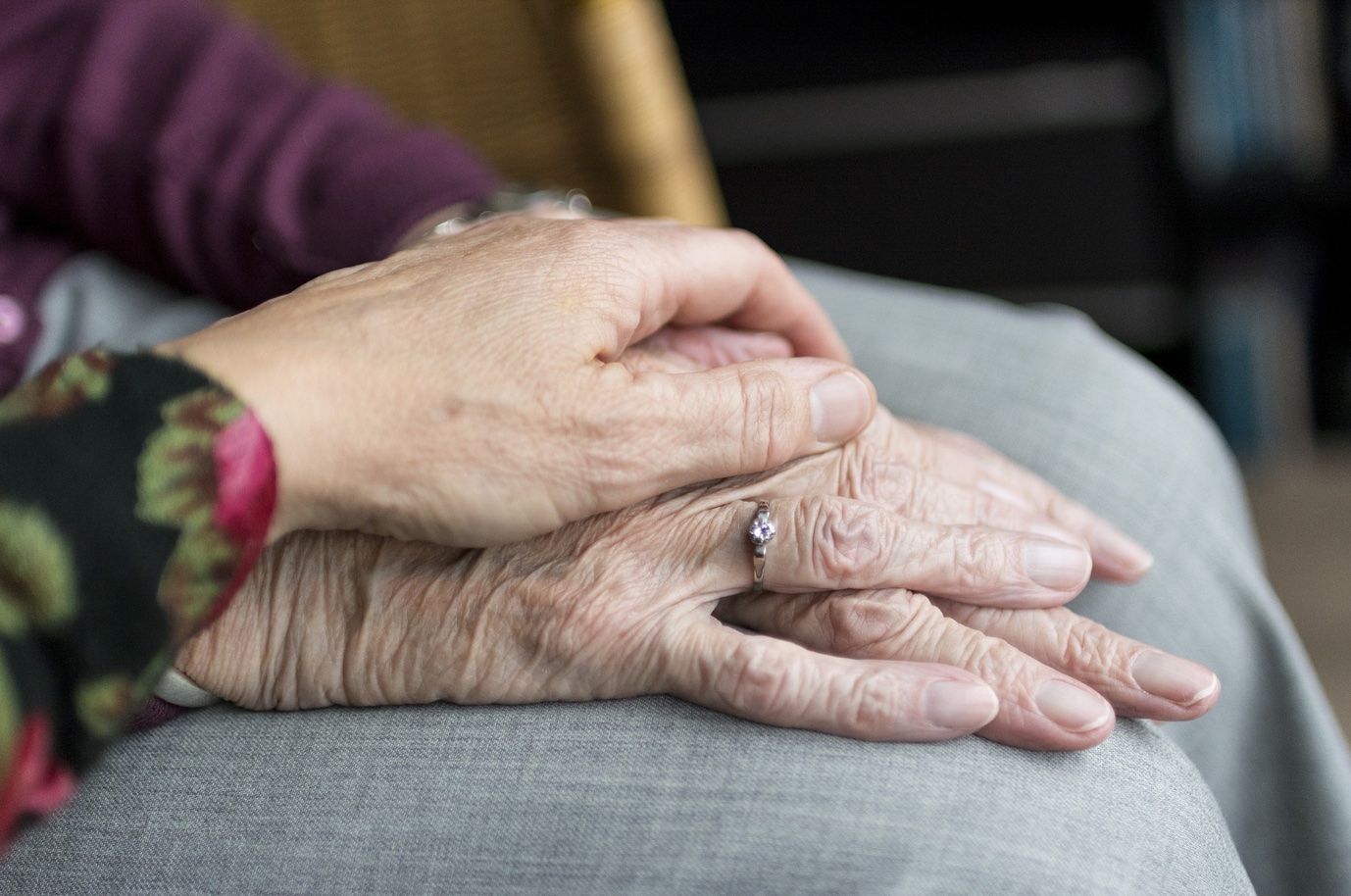Keep in mind that guardianship should not be seen as a conclusion but rather as a connection, enabling individuals with dementia to maintain their lives with honor and assistance.
Dementia, a turbulent force that obscures cognitive function and diminishes self-reliance, renders individuals susceptible to and reliant on assistance. Guardianship, an intricate legal procedure, often becomes a pivotal aspect of this experience, eliciting a multitude of inquiries and apprehensions.
The primary objective of this article is to guide you through the complex world of dementia and guardianship, providing valuable perspectives on its significance, legal components, obligations, and recommended approaches.
Importance Of Guardianship In Dementia Care
As dementia progresses, people may begin to experience difficulties making important decisions regarding their money, health, and personal lives. When faced with such situations, guardianship comes in to bridge the void, providing for their needs and protecting their rights.
Think of it as a protective shield, which provides the guardian with the right to handle affairs on their behalf when they are not able to make decisions independently.
The legal process for establishing guardianship
The legal way of establishing guardianship varies from place to place but generally has the following steps:
- Filing a Petition: Getting the process started requires a family member or somebody chosen to go to court and file a request for guardianship, in the form of a petition.
- Guardian Evaluation: Healthcare professionals evaluate an individual’s ability to make informed decisions in specific areas, such as financial affairs and healthcare. This evaluation establishes how much authority to grant to a guardian.
- Court Hearing: At the court hearing, the judge scrutinizes any evidence put before them along with the report from the evaluation, then takes a stand on whether or not creating a guardianship is called for.
- Appointment of a Guardian: After obtaining a certificate from the court, a guardian is assigned, taking into account what would suit the person involved’s convenience, preference, and health.
Rights And Responsibilities Of Guardians
Taking on the role of a guardian entails significant accountability. The guardian assumes the position of fiduciary, meaning they administer the person’s affairs with meticulous attention and prioritize their well-being. Some of the specific responsibilities they may be tasked with include:
- Financial management encompasses the tasks of handling income, paying expenses, and protecting assets. To avoid the substantial risk of financial exploitation faced by individuals with dementia, it is crucial to prioritize transparency and maintain detailed records.
- Guardians work together with healthcare providers to make healthcare decisions that are in line with the individual’s desires and principles. This entails navigating intricate medical situations and comprehending the changing requirements of the person involved.
- Guardianship is a system that holds significant authority over the personal care of others. It has to guarantee decent housing, nutrition, and the basic necessities for daily living. We must take good care of people’s living conditions but also respect their unique traits.
- Out of the responsibilities that come with guardianship, one of these measures may be providing a written report with full details about what they have done, like an accountability process. The act of recording decisions in writing encourages transparency. Finally, this practice also provides some protection by ensuring that an individual’s human rights are not violated under custody.
Legal Implications in Dementia Care
Guardianship for individuals with dementia presents distinct legal hurdles that require cautious navigation. Below are several critical factors to take into account:
- Capacity assessment and determination
Assessing someone’s capacity is crucial for understanding if they can make certain decisions. Guardians must follow their limits and respect the person’s ability to decide whenever possible. This requires a deep understanding of capacity assessments and an accurate interpretation of the results.
- Informed consent and decision-making authority
In cases of dementia, obtaining informed consent and determining decision-making authority can be complex when it comes to medical decisions. It is essential for guardians to work together with healthcare providers to comprehend the preferences and principles of the individual when making important medical choices.
This process involves addressing ethical challenges and ensuring that the person’s perspective is taken into account, even if their cognitive capacity is compromised.
- Financial management and elder abuse prevention
In dementia care, safeguarding against elder abuse and managing finances are paramount. As guardians, it’s vital to prioritize the financial security of individuals with dementia. This means closely tracking expenses and being alert to any signs of possible exploitation. To fulfill this duty, it’s crucial to understand financial rules and to be able to spot warning signs of abuse.
Best Practices for Dementia Guardianship
Effectively navigating the world of guardianship necessitates a compassionate and well-informed approach. Below are some recommended strategies to contemplate:
Early Planning And Legal Documentation
Engaging in conversations about prospective care choices and producing legal documents such as advance directives at early dementia stages can profoundly advantage the individual and serve as a roadmap for future determinations.
This empowers the person to articulate their preferences while they still possess the ability to do so, while also furnishing crucial insights for the guardian down the line.
Person-Centered Care And Autonomy Preservation

It is crucial to recognize that guardianship should not result in a total surrender of autonomy. Upholding the individual’s residual capabilities, preferences, and decisions holds utmost importance.
This necessitates adaptability and a steadfast dedication to comprehending the individual’s distinct requirements and aspirations.
Wrapping Up Connections: A Fabric Of Encouragement
Although dementia can present significant challenges, the comprehensive support provided through guardianship offers comfort and protection.
By gaining knowledge of the legal aspects, embracing empathetic caregiving, and following established guidelines, we can navigate this experience while valuing the individual’s independence and welfare.
Keep in mind that guardianship should not be seen as a conclusion but rather as a connection, enabling individuals with dementia to maintain their lives with honor and assistance. It is a duty that must be embraced with great caution and dedication to safeguarding their rights during the entire process.
While embarking on this journey, we will inevitably encounter obstacles, but through a harmonious fusion of legal knowledge, empathetic assistance, and cooperative decision-making, we can guarantee that the fabric of dementia care remains a testament to honor, aid, and self-respect for those traversing this arduous road.


Join the conversation!